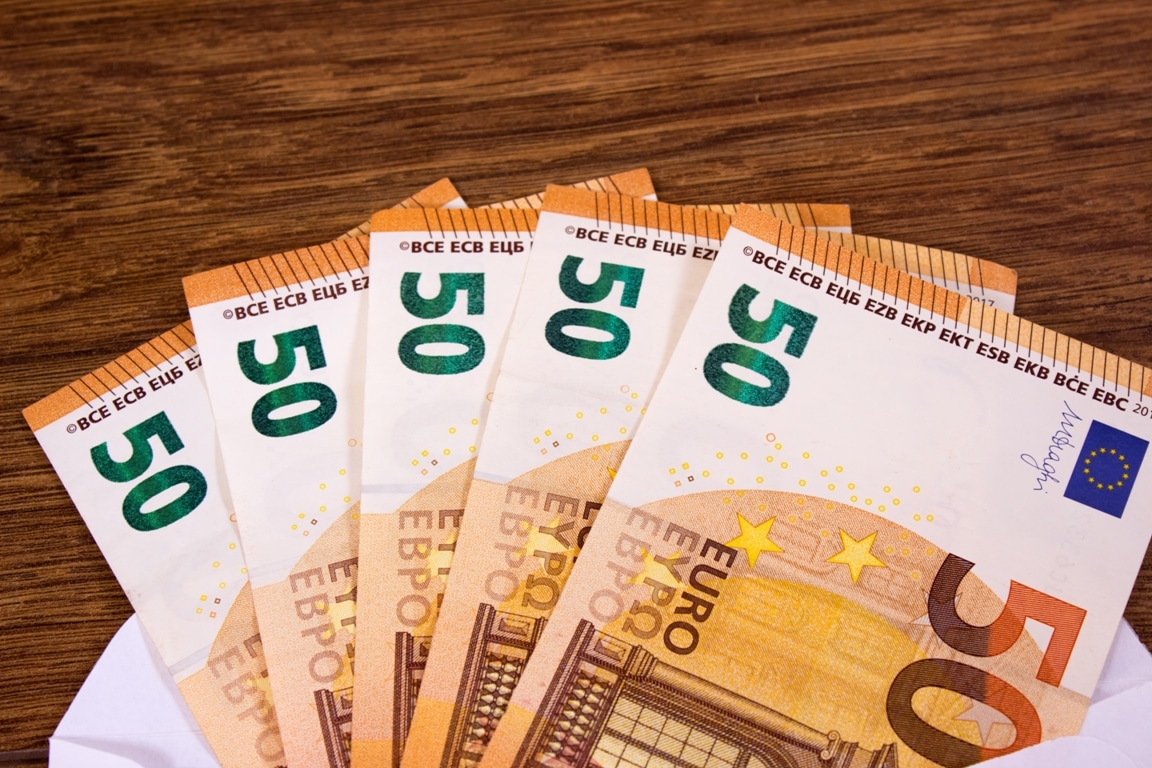
EUR/USD Bundesbank, inflation estimates, dollar index
The German economy is predicted to grow faster than previously estimated, expecting the vaccination campaign to suppress the pandemic quickly and sustainably, the Bundesbank said in its two-year report published on Friday.
The central bank predicted that the largest economy in the eurozone would increase by 3.7 percent in 2021, compared to the 3 percent predicted earlier. The outlook for 2022 has increased to 5.2 percent from 4.5 percent. In 2023, real GDP growth will lose momentum but will continue to grow by 1.7 percent, the Bundesbank said.
The German economy is overcoming the coronavirus crisis. Economic activities could return to pre-crisis levels as early as this summer, he said. As for price movements, the bank said inflation this year is shaped by a return to higher VAT rates, new CO2 emission certificates, and a sharp rise in crude oil and food prices. German wholesale prices have been growing at the fastest pace since mid-2008 in May, data released by Destatis revealed on Friday.
Wholesale prices rose 9.7 percent year-on-year in May, after rising 7.2 percent in April. That was the fastest growth since July 2008, when prices rose by 9.9 percent.
A long-awaited report released by the Department of Labor on Thursday showed that consumer prices in the United States rose more than expected in May. The labor department said its consumer price index rose 0.6 percent in May, after rising 0.8 percent in April. Economists expected consumer prices to rise by 0.4 percent.
The dollar has consolidated around 90.00 in the last few days, and today it made a small breakthrough until 90.30. If the dollar continues to rise, it will face 90.60 at the previous high from the previous Friday. This smaller growth of the dollar will certainly affect the pair EUR/USD by withdrawing to 1.21000 from the current 1.21300.




